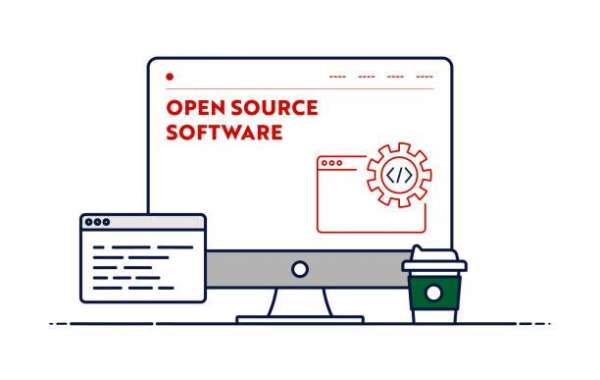Open Source Software (OSS) has become a transformative force in the technology world, reshaping industries and empowering developers. In this article, we delve into the essence of OSS, its significance, and how it continues to redefine software development and collaboration.
The Essence of Open Source Software
Open source software refers to programs with source code that is freely available to the public. Unlike proprietary software, where code remains hidden, OSS invites collaboration, modification, and redistribution. The philosophy behind OSS emphasizes transparency, community-driven innovation, and accessibility.
Key Characteristics of OSS
- Accessibility: Anyone can view, download, and modify the source code to suit their needs.
- Community Contribution: OSS thrives on collaboration, with developers worldwide contributing to its enhancement.
- Cost-Effectiveness: Since it is typically free, OSS provides an affordable alternative to proprietary solutions.
The Rise of OSS in Technology
The concept of opensource traces back to the 1980s when pioneers like Richard Stallman championed the idea of free software. Over time, the OSS movement gained momentum, leading to the development of iconic projects like the Linux operating system and the Apache HTTP Server.
Major Milestones in OSS History
- GNU Project: Launched in 1983, it laid the groundwork for many modern OSS initiatives.
- Formation of the Open Source Initiative (OSI): Established in 1998, OSI formalized the principles of open source.
- GitHub's Emergence: Founded in 2008, GitHub became a central hub for OSS projects, fostering collaboration on a global scale.
Benefits of Open Source Software
The adoption of OSS offers numerous advantages for individuals, organizations, and governments. Its flexibility and inclusivity make it a compelling choice for many use cases.
Cost Savings and Customization
Organizations save significant resources by leveraging OSS. Since the source code is open, developers can customize solutions to align with specific requirements, eliminating the dependency on costly proprietary tools.
Security and Transparency
OSS often boasts superior security due to its transparency. With countless developers reviewing the code, vulnerabilities are identified and addressed swiftly. This level of scrutiny ensures a robust and reliable software environment.
Driving Innovation
The collaborative nature of OSS fosters rapid innovation. Developers can build upon existing solutions, accelerating the creation of cutting-edge technologies. Many modern advancements, from cloud computing to artificial intelligence, are rooted in OSS frameworks.
Challenges in OSS Adoption
While the benefits of OSS are undeniable, there are challenges associated with its adoption.
Lack of Support
Unlike commercial software, OSS may lack dedicated customer support. Users often rely on community forums or documentation for troubleshooting.
Compatibility Issues
Certain OSS solutions might face compatibility issues with existing systems, requiring additional effort for seamless integration.
Funding and Sustainability
Sustaining OSS projects can be challenging, as they often rely on donations, sponsorships, or volunteer contributions. Balancing community-driven development with financial stability remains a critical concern.
The Future of OSS
The future of OSS looks promising as it continues to play a pivotal role in technological advancements. Emerging trends indicate that OSS will further influence sectors such as education, healthcare, and government.
Expanding in AI and Machine Learning
Open source frameworks like TensorFlow and PyTorch have already revolutionized AI and machine learning. Their accessibility and robust ecosystems ensure continued growth in these domains.
Increasing Government Adoption
Governments worldwide are embracing OSS to reduce costs, enhance transparency, and foster innovation. Countries like India and Germany have implemented policies encouraging the use of OSS in public projects.
Supporting Remote Work and Collaboration
As remote work becomes the norm, OSS tools like Git, Visual Studio Code, and Nextcloud are enabling seamless collaboration among distributed teams.
Conclusion
Open Source Software (OSS) represents more than just free code; it is a philosophy of collaboration, transparency, and empowerment. From its early days to its current prominence, OSS has reshaped the way software is developed and utilized. While challenges remain, the advantages far outweigh them, ensuring a bright future for OSS. As organizations and individuals continue to embrace opensource, its role in driving innovation and inclusivity will only grow, solidifying its place as a cornerstone of modern technology.




